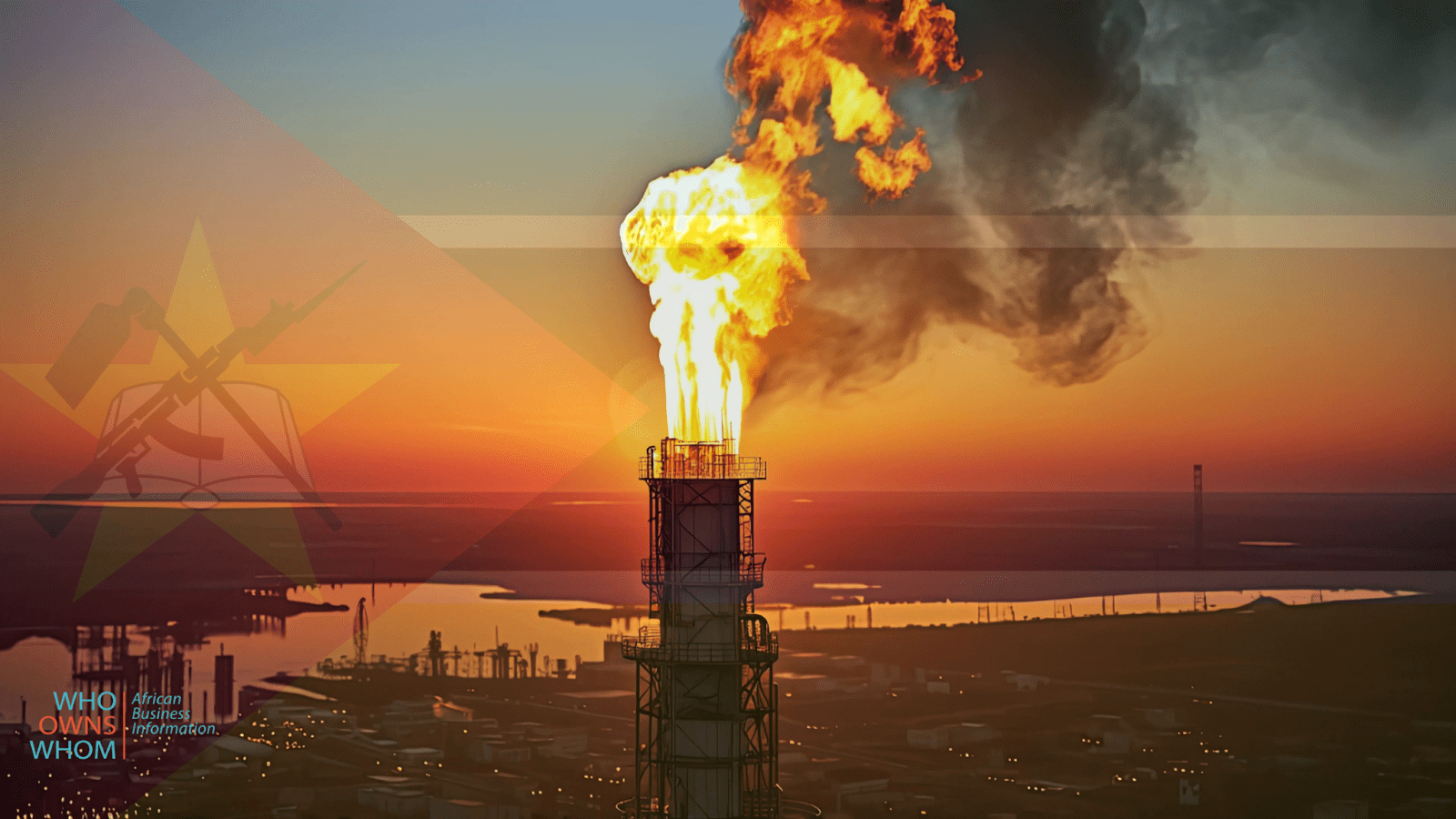Burundi Snapshot
The Burundi economy ranks 41st on the continent with a GDP of US$3bn and a population of 11 million, and is classified as a ‘fragile’ economy which has been ravaged by a protracted civil war.
According to the African Development Bank, economic growth is constrained by its unstable macroeconomic framework and security concerns, among other factors.
Burundi, which is one of the world’s poorest nations, has been embroiled in a civil war for over a decade. Political protest action flared up in April 2015, following an announcement by the ruling party that incumbent president, Pierre Nkurunziza, would run for a third term. An attempted coup d’état was staged on 13 May 2015, but was unsuccessful.
The ensuing resurgence of violence caused hundreds of thousands of people to flee the country, and tensions remain high.
Nkurunziza, who announced that he would not be running for a fourth term, passed away in 2020 and was succeeded by Evariste Ndayishimiye.
Burundi’s primary natural resources are nickel, uranium, rare earth oxides, peat, cobalt, copper, platinum, vanadium, arable land, hydropower, niobium, tantalum, gold, tin, tungsten, kaolin and limestone. Operating industries include light consumer goods such as blankets, shoes, soap, and beer, assembly of imported components, public works construction and food processing . Its major exports are coffee, tea, sugar, cotton and hides.
Contact us to access WOW's quality research on African industries and business
Contact UsRelated Articles
BlogCountries Human health and social work activitiesSouth Africa
South Africa’s Healthcare Challenges and the Future of Universal Health Coverage
Contents [hide] Healthcare is a vital cog in any economy. When the nation’s workforce is healthy, there is more economic activity, businesses do well with less absenteeism and highly productive...
BlogCountries ManufacturingSouth Africa
South Africa’s Plastic Manufacturing Industry: Innovation, sustainability and investment opportunities
Contents [hide] Plastic is a versatile, cost-effective, and useful product with a wide array of applications in almost every industry, from food to transportation, packaging, and manufacturing. Technological innovations and...
BlogCountries MozambiqueSouth Africa
Petroleum in Mozambique: powering growth and energy security
Contents [hide] Clean energy and environmental concerns are taking the spotlight globally, with the move to electric vehicles taking centre stage. It is reportedly near the end for petroleum as...





